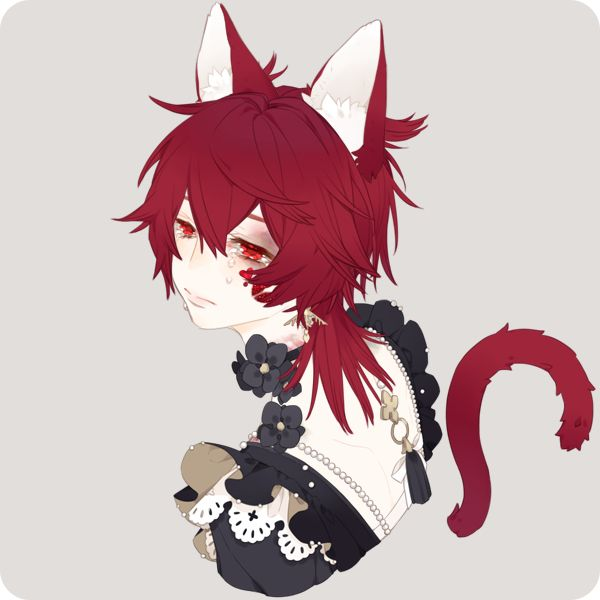Eritrea is one of only five countries to have voted no on the 2022 UN resolution demanding the immediate withdrawal of Russian Armed Forces from Ukraine. According to Wikipedia, during the country's struggle for independence, the precursor to the current governing party was at least nominally Marxist-Leninist until 1987.
https://en.prolewiki.org/wiki/State_of_Eritrea
https://en.wikipedia.org/wiki/People%27s_Front_for_Democracy_and_Justice
It's not easy to find much more information about the country. Does anyone here know more? Does modern day Eritrea deserve critical support as an anti-imperialist state? Does one, in any sense, 'gotta hand it to them'?
Eritrea's a dictatorship, it's ruler seems politically shrewd, and it's been under a sanctions war by the US for some time. The sanctions war is not only against Eritrea's armed forces and politicians, but also the country's import/export company responsible for procuring foodstuffs and medicine. The situation has been going on long enough that the only lull in the sanctions was under Trump, and Biden was quick to re-start them.
Even outright american propaganda outlets seem to agree that Trump's removal of the sanctions weakened the government's 'anti american rethoric' amongst Eritreans. Which makes sense. If the Americans aren't at war with you then maybe you don't need the current government. Naturally restarting the sanctions war only re-started the clock.
For those reasons they seem free to fully align with Russia, and the russians seem keen on signing partnerships with them. Syria 2, bogaloo.
Thanks for the response.
Eritrea's a dictatorship
What do you mean by this? What kind of dictatorship?
Regardless, assuming the transition to a multipolar world free of Yank hegemony is inevitable, will Eritrea turn out to be on the right side of history?
What do you mean by this?
Basically it would appear that Eritrea ratified a constitution 30 years ago but the government hasn't actually implemented all of it's principles. Local elections seem to happen from time to time, but no national elections were held. It's a single party presidential republic with a miniscule population that exists on the back of gold and copper exports. So for the purposes of asking 'why did Eritrea vote with Russia outright, when even the BRICS countries condemn the invasion of Ukraine and such', part of the answer is that the political process probably doesn't call for that sort of ambiguity. One assumes that the political elite is small, united, and lacks incentives to not just go full in on Russia.
Regardless, assuming the transition to a multipolar world free of Yank hegemony is inevitable, will Eritrea turn out to be on the right side of history?
A multipolar world is a world of possibilities and opportunities. The exact results for a country is not about wether it's pro Russia or pro US. It's about who they are. What their political institutions are like. Because, really, if you're in a good position you're likely talking to both of them as well as China, Europe, and India. Just as India is in competition with China, but talks to the US and Russia. Just as Brazil invests a lot into a relationship with China, but maintains key trade ties with the US.
This video from a former liberian minister is rather elucidating in that respect: China is open for business. It has no pretense to remake the world in it's image. Are you a kleptocracy with needs of population control? China can provide the internet kill switch. Are you a multi-lateral government who needs money for public works? China can provide some of the investment, and build whatever you need as well.
I don't know enough about Eritrea to claim wether it's more like Botswana, where political institutions seem to make good investments into the population of the country, or if it's more like Egypt, which is one of those post colonial nations that appear to be under aggressive exploitation by it's own armed forces. But it would appear that the US is making Eritrea's geopolitical choice for them. The upcoming Global South Debt Crisis, the questions surrounding the functioning and purpose of BRICS+, wether the US will become less belligerent with sanctions wars, what will be of Eritrea after Afwerki dies, wether neighboring Ethiopia will even survive, the effects of Climate Change, there are far too many questions to ask before one can say wether someone will be in the 'right side of history' or not.
That said, there appears to be an official Eritrea website that states it is committed to a private sector 'led' economy. You can make of that what you will.
I would not bother giving Eritrea critical support as they are currently helping the new neoliberal Ethiopian government commit genocide against the Ethiopian state of Tigray.
The Maoist Tigrayan People's Liberation Front TPLF used to dominate Ethiopian politics and over saw much of the war between Eritrea and Ethiopia. In 2019, the Amharic states formed a neoliberal coalition called the Prosperity Party (PP). The PP won control of the government, signed a peace treaty with Eritrea and its leader was awarded a Nobel peace prize. The TPLF accused the PP of plotting with Eritrea against Tigray and went to ground.
In 2020 Eritrea and the Ethiopian national army invaded Tigray, slaughtering everyone in their way. Eritrea controlled the northern and western boarders of Tigray and stopped. While the TPLF militia was able to push back the national army into Amharic states (and return the slaughter in kind). But that push back was short lived. Right now Tigray is mostly under control of the TPLF but its complete locked out from the outside world. It seems the plan is to just starve them out from lack of food and more importantly medical supplies.
I went to college with an Eritrean and she at first Supported Tigray, but once Eritrea went in, she basically went full genocide denial.
It split from Ethiopia in a civil war in the early 90s, and has been ruled by this one military guy ever since. Afwerki is the guy that people forget when they think about dictators or warlords around the world, because he kind of keeps a low diplomatic profile. They haven't really been at war, but they're also not exactly at peace. Very proportionally large military, not super friendly relations with most surrounding countries. It participates in the UN and AU but not much else. It doesn't go along with Western institutions, and isn't integrated into global markets very much. It's a one-party state but not socialist.
It kinda makes sense why it would have Russia as an ally.




